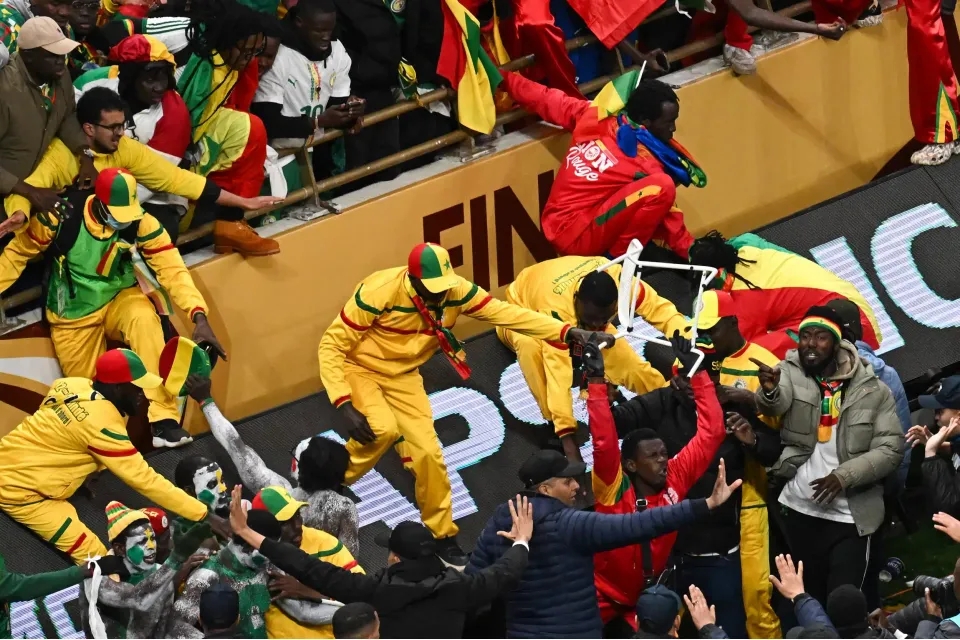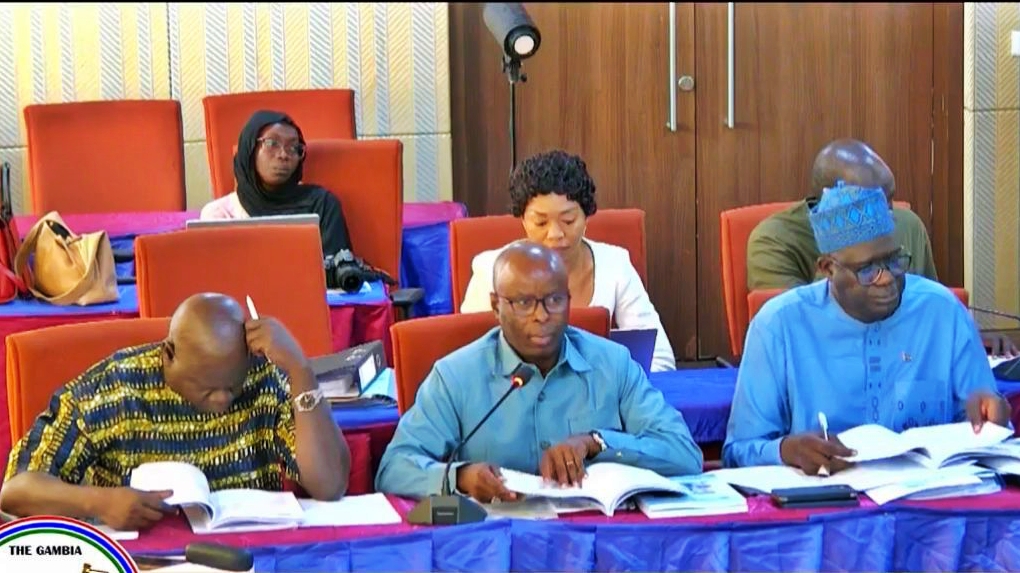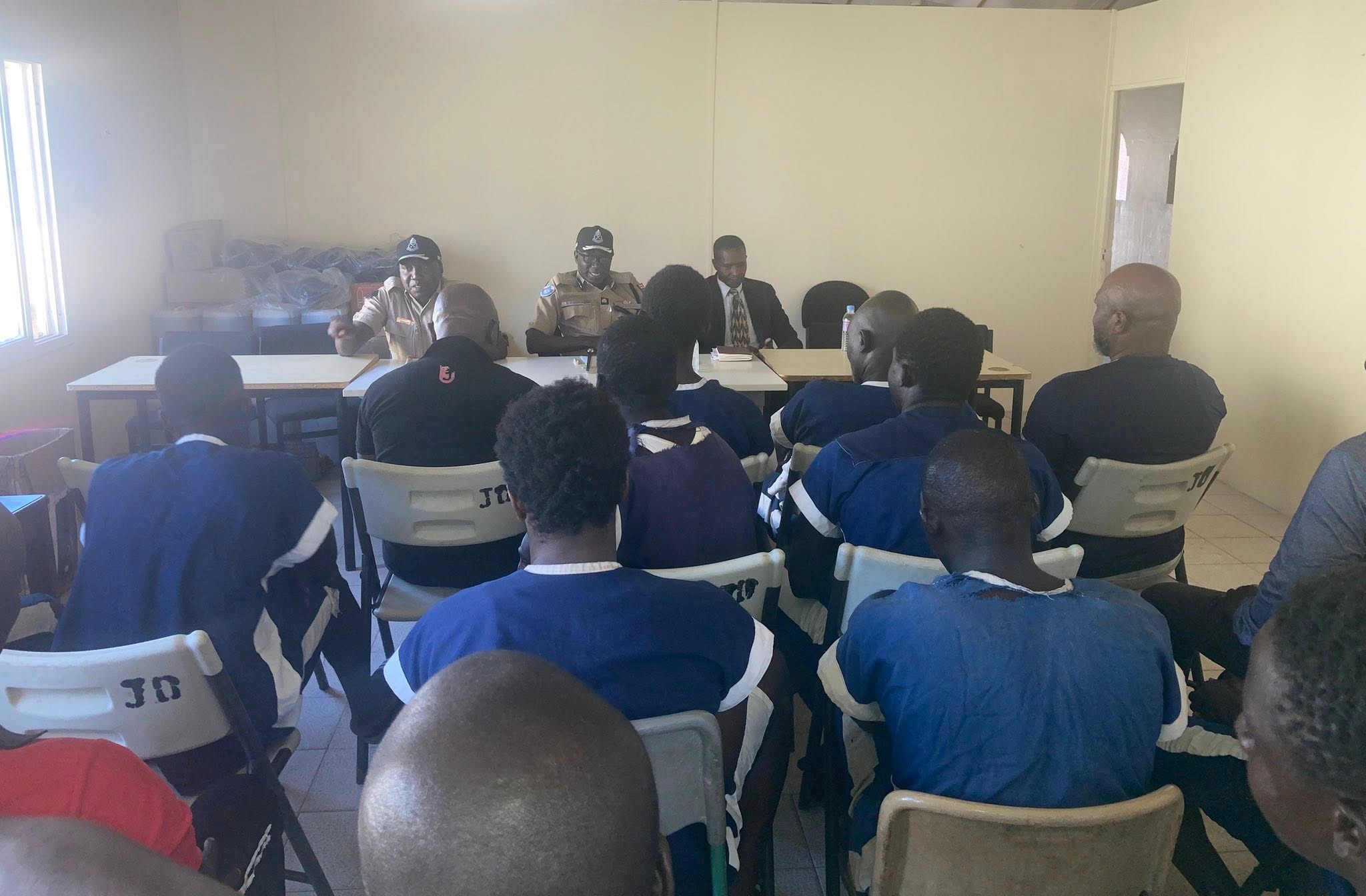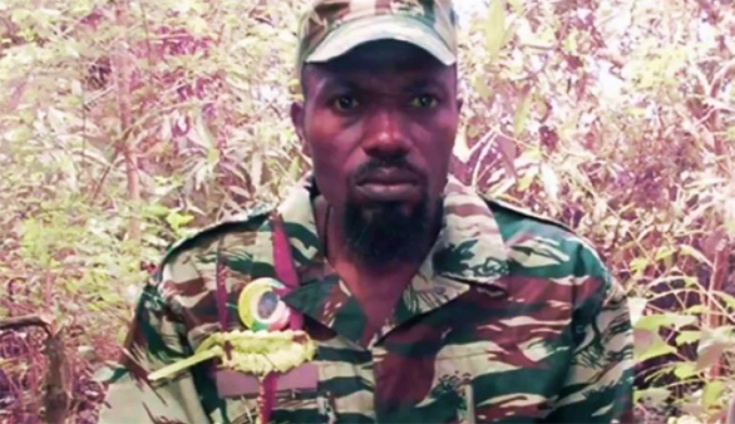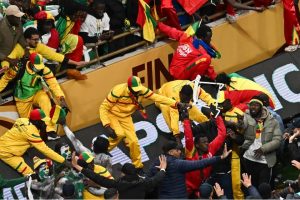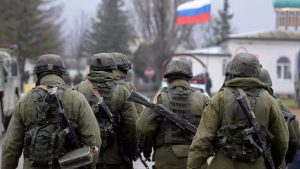Gambiaj.com – (BANJUL, The Gambia) – In a renewed bid to end decades of conflict in Casamance, Senegal and the Movement of Democratic Forces of Casamance (MFDC) signed a peace agreement in Bissau on Sunday. However, despite this landmark step, several critical issues remain unresolved, including the fate of ex-combatants, the reintegration of factions still outside the process, and the demand for amnesty.
As in 2022, the latest peace document was signed by Admiral Papa Farba Sarr, coordinator of Senegal’s ad hoc negotiators committee, and MFDC representatives César Atoute Badiate and Urbain Tendeng. The agreement was facilitated by senior officials from the Henri Dunant (HD) NGO and representatives of the Guinea-Bissau government.
Sticking Points in the Peace Process
From the outset, Senegalese negotiators remained firm in rejecting any discussion of independence, a key demand of the MFDC’s reunified wings. The government’s stance underscores its commitment to territorial integrity, effectively shutting down separatist aspirations.
Meanwhile, some provisions from the 2022 peace agreement were reinforced, particularly concerning arms surrender and follow-up measures. The MFDC, for its part, raised four critical points related to the security, political, and judicial status of its combatants, as well as the commitments of its unified wings.
One of the most pressing concerns is the fate of lead MFDC negotiator César Atoute Badiate, who is under an international arrest warrant and was sentenced in absentia to life imprisonment for his alleged role in the 2018 massacre of 14 timber loggers in Boffa-Bayotte. Additionally, the issue of extradition for certain officials from the MFDC’s external wing surfaced in discussions.
While the rebels requested an amnesty, Senegal stipulated that presidential pardons could only be granted after exhausting judicial processes. The MFDC is now expected to submit a memorandum listing those they seek amnesty for, which will be reviewed under Senegal’s legal framework.
Beyond the legal and political hurdles, both parties acknowledged the importance of humanitarian demining in Casamance and the structured return of refugees and displaced persons. These concerns have been incorporated into the broader “Diomaye Plan for Casamance,” which seeks to provide long-term stability and development in the region.
The agreement also outlines the creation of a joint monitoring committee to oversee security measures, arms surrender, and the reintegration of displaced persons. This body will monitor security issues, the role of Senegalese armed forces, and the involvement of agencies such as the police and the Waters and Forests Agency.
The Salif Sadio Factor
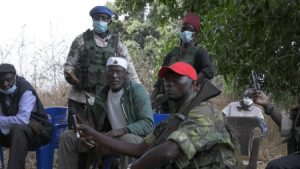
Despite the progress in negotiations, the peace process remains incomplete without the participation of Salif Sadio, the northern Casamance rebel leader who continues to reject any settlement short of full independence. His faction has been notably absent from discussions, maintaining a posture of detachment.
His faction’s isolation is further compounded by the dismantling of his northern Sindian bases by the Senegalese army, making engagement with him increasingly difficult.
Efforts to engage Salif Sadio have so far failed, with even Guinea-Bissau’s diplomatic overtures yielding little progress. His refusal to join the peace talks presents a significant obstacle to achieving comprehensive stability in the region.
The Senegalese government’s strategy appears to be one of consolidating agreements with willing MFDC factions before addressing the more radical elements. However, without broader consensus, particularly from Salif Sadio’s faction, achieving lasting peace in Casamance will remain an uphill battle.
The Gambia’s Potential Role
The Gambia’s Foni region is home to community elders and other traditional and cultural leaders who have a significant impact on Salif Salif Sadio’s overall views and stances in the conflict.
Observers believe that The Gambia could play a crucial role in persuading Salif Sadio to reconsider his stance. The conflict’s spillover effects—including refugee displacement and cross-border criminal economic activity—have significantly impacted communities in Foni, a region bordering Casamance. Diplomatic pressure from The Gambia, analysts argue, could be key to securing a comprehensive peace settlement.
With its strategic location and historical connections to the area, The Gambia has enough leverage to mediate and bring Salif Sadio to the Casamance peace process.
While the Bissau agreement represents a major step forward, the road to lasting peace in Casamance remains uncertain. The challenge now lies in securing broader buy-in, addressing the legal and security concerns of ex-combatants, and convincing holdout factions to embrace the peace process.



